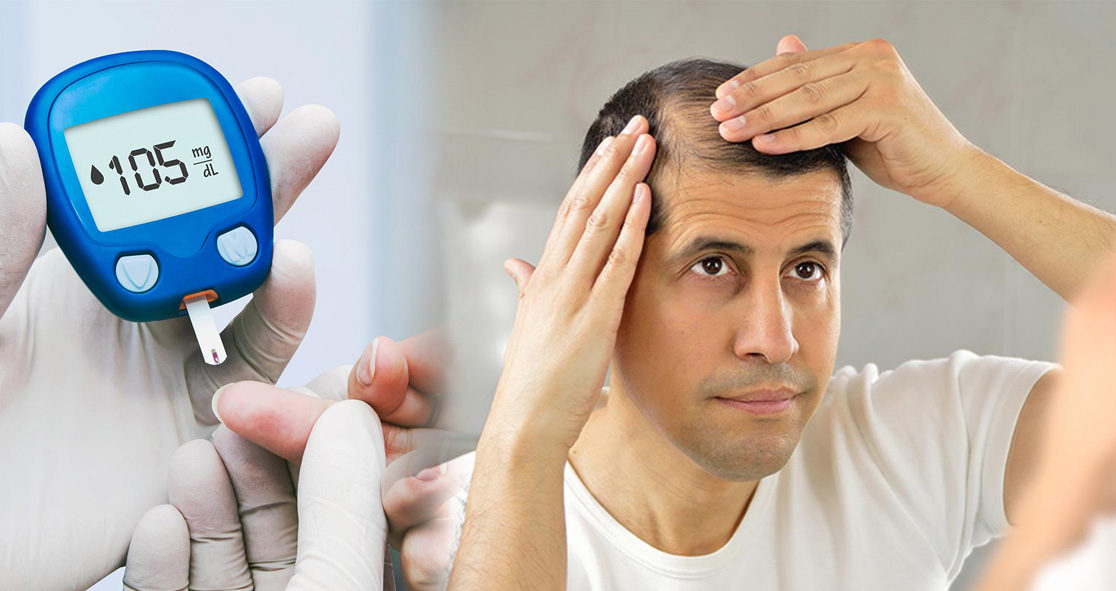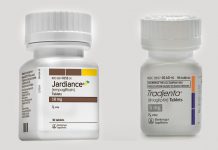In diabetes, your body either fails to produce insulin or produces insulin but does not use it effectively to control your blood glucose levels. Insulin is an essential hormone that moves the sugar from the foods you eat into your cells to be stored or used as energy.
Uncontrolled or poorly controlled diabetes could damage your vital organs, such as your eyes, kidney, heart, and nerves. It may also damage your blood vessels that carry oxygen throughout your body for the nourishment of the organs and tissues, according to Healthline.
One of the consequences of damaged blood vessels due to diabetes is hair loss. If the damaged blood vessels fail to deliver enough oxygen to your hair follicles, you may experience hair fall. This lack of oxygen to your hair follicles could also affect your normal hair growth cycle.
The American Academy of Dermatology says humans shed about 50-100 hairs per day, which is normal. Losing some hair is part of the hair lifecycle, but excessive hair loss or shedding can be an indication of some underlying medical conditions, and diabetes is one of them.
When your blood sugar levels are out of range, you may notice hair loss. In addition, diabetes can also be associated with an immune system disorder called alopecia areata, which can cause hair loss.
Diabetes can greatly affect your hair growth cycle – a process that consists of three phases. In the first phase, which is called the active growing phase, your hair grows at a rate of 1 to 2 cm per month, which lasts for two or more years. The second phase, also called the resting phase, lasts for around 100 days. In the third phase, the resting hair falls out.
By interrupting this natural process, diabetes slows down your hair growth and eventually causes you to lose more hair.
Besides, experts say that diabetics are more likely to have alopecia areata, a condition in which the immune system attacks the body’s own hair follicles, causing progressive thinning of hair.
What you should do?
If you have been diagnosed with diabetes, make sure you see your doctor for regular checkups. If you have particular concerns about hair loss, your doctor may refer you to a dermatologist or trichologist. It is important to speak to your doctor before taking any new OTC medications, products, or supplements for your hair loss induced by diabetes.
Your doctor may prescribe minoxidil (Rogaine) – a topical solution that you rub onto your scalp where there is hair loss. Some men with diabetes can also take oral finasteride (Propecia) to regrow hair, but it comes with a few side effects, and impotence is one of them. Propecia is not recommended to women with diabetes and hair loss.
Biotin is one of the vitamins associated with hair regrowth. It is found in foods like sweet potatoes, eggs, onions, oats, peanuts, and almonds. There is some evidence that oral biotin supplements slow down the hair loss process in diabetics. It has also been found that people with diabetes may have low biotin levels.
The Bottom Line Diabetes is a chronic metabolic condition characterized by high blood sugar levels and it can cause a wide range of health issues, including hair loss. Therefore, it is always recommended to take your medications regularly, eat a healthy diet, exercise, monitor your blood glucose, and see your doctor for regular checkups.





















